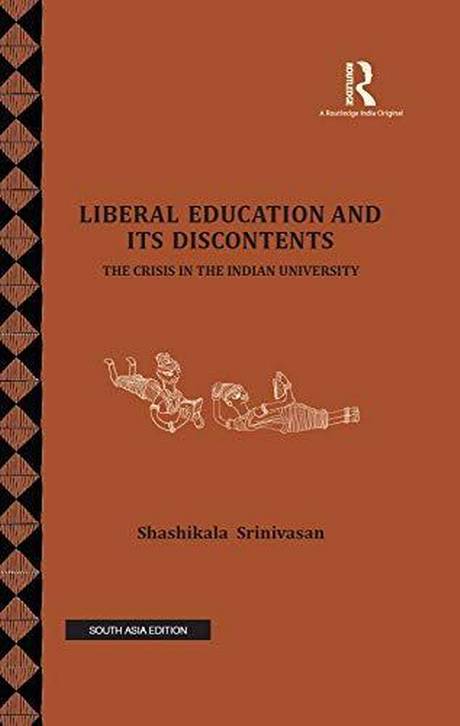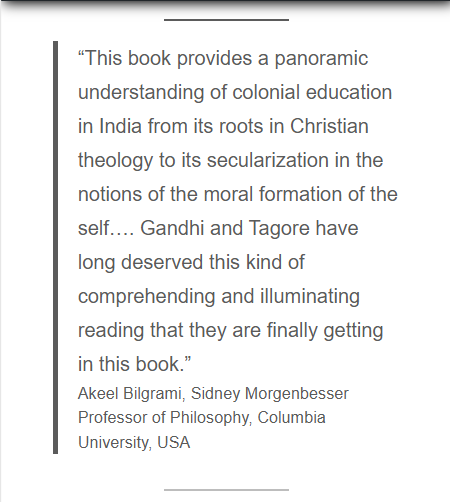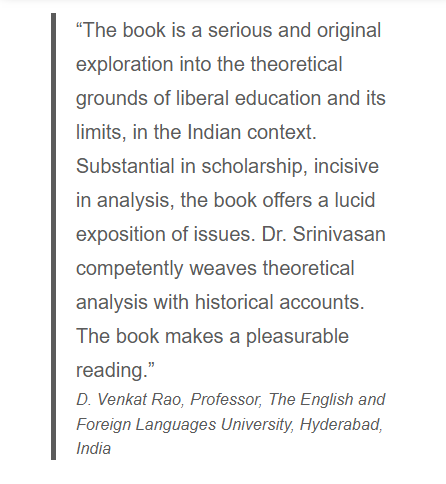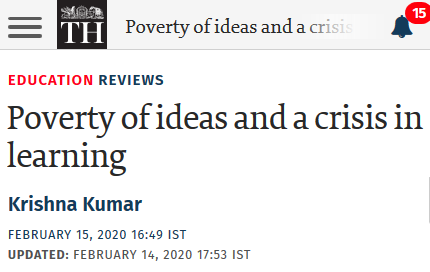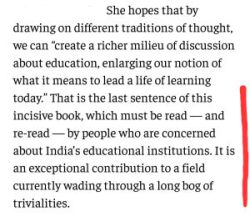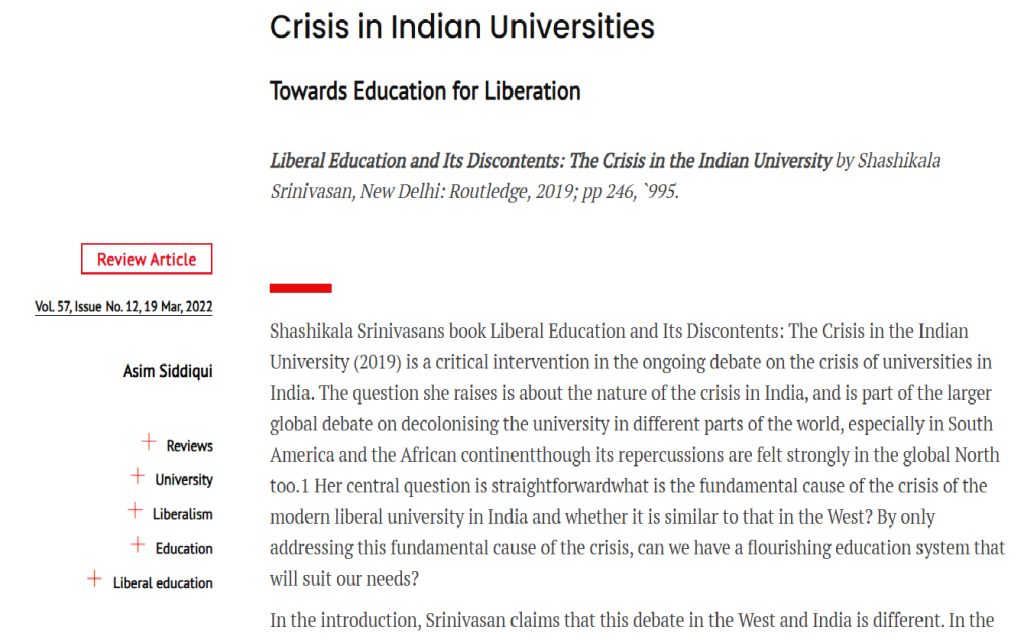Latest Musings
III – Conceptual Explorations on Bhakti
( with inputs from Habil. Narahari Rao) Two Strands of Scholarship There are predominantly two strands of scholarship in the current academic milieu on the notion of bhakti. One is…
II – Existing Scholarship on Bhakti: Casting Bhakti as Religion
Attempts to make sense of bhakti tend to impose Western categories of interpretation. Often bhakti is collapsed with religion1 or mysticism. This mis-identification has resulted in a distorted understanding of…
Older Posts
Publications
Courses
Is there a relation between cultures and the form of knowledge they excel in? Using India as a case study, we will revisit some of the recent scholarship in terms of this question and assess the validity of their formulations for our inquiry. The objective is to arrive at a fresh framework to enable investigation into learning configurations and the forms of knowledge that dominate Indian culture.
The course is interdisciplinary in nature and will treat culture as a significant unit of experience and analysis.
There exists a tradition of singling out some works passed on from the past as great. Such works are often termed as ‘Classics’ and are supposed to set standards and make far reaching reflections conducted in different civilizations and epochs available to us.
In recent years, however, there has been a debate as to why and whether we must study classics. One assumption around which the debate turns is that there are some universal values and ways of learning shared by all civilizations. How far is this assumption valid and useful?
The Samkhyakarika is a significant text from the Indian intellectual traditions, put-together around 1st Century AD. Its significance is evident from the fact that many of the terms used in SK (buddhi, manas, indriya) permeate our everyday vocabulary even today.
Can we find in Samkhyakarika an account that involves a certain form of cultivation which is indicative of an alternative notion of education? In what way is the account similar and different from the nature of cultivation in Western theories of education/ ‘cultivation of mind’?
How was the “higher” in higher learning envisaged in the idea of the university and what was the idea of education that it embodied?
The first module will focus on the notion of the university, the nature and purpose of higher education articulated and the inherited distinctions that govern our discussions on higher education even today. The second module will examine educational alternatives that emerged in the Indian context in reaction to the colonial implantation of European universities in India. From this debate, can we draw some insights to reflect on and approach the question of higher education in India today?
Rather than see them as merely historical attempts, we will make an attempt to flesh out the underlying model and map the similarities as well as divergences in conceptual terms. Does the model underlying these experiments find expressions in some of our contemporary efforts? With the help of case studies, students will focus on finding patterns of thought and action as well as build the alternative model which will have both explanatory as well as guiding potential across time.
